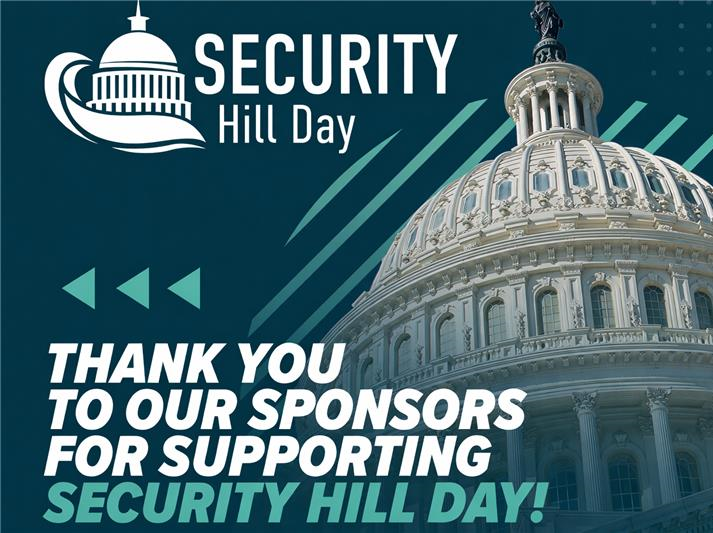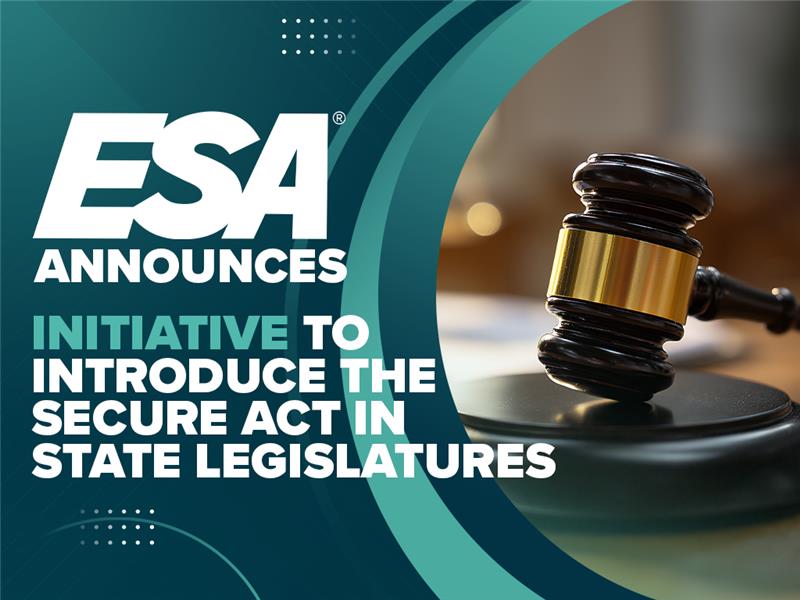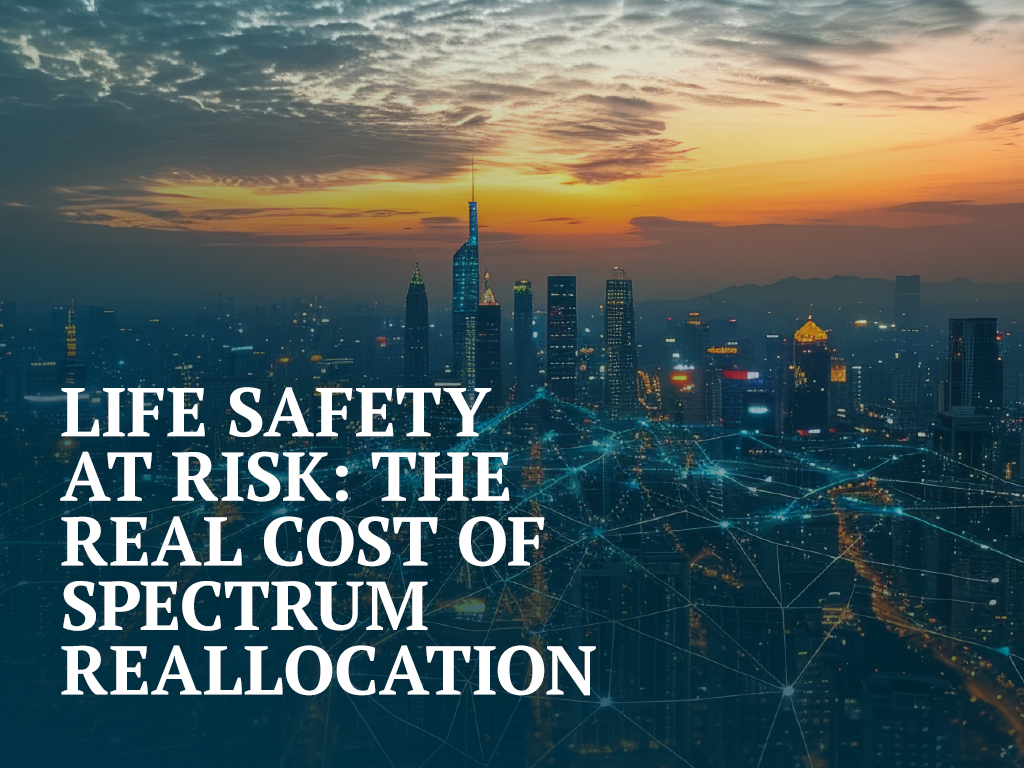Legislation to Watch: Threats from Politely Titled Bills

Since the beginning of the year, ESA began following bills unlike any seen in recent history. We mentioned the numerous occupational licensing bills that would require oversight and review of all licenses. We also noted several bills that would expand union influence in some states, while others seem to be gravitating away from union control and toward a “right to work” model. Since the beginning of the year, ESA began following bills unlike any seen in recent history. We mentioned the numerous occupational licensing bills that would require oversight and review of all licenses. We also noted several bills that would expand union influence in some states, while others seem to be gravitating away from union control and toward a “right to work” model.
But two types of legislation that present threats to the industry and are in play take occupational licensing reform and union bargaining power to a whole new level. If you follow my blogs, you are likely aware of the bill that passed on January 31st in New Jersey (AB 3666), which will require all trade workers who engage in public works contracts to be enrolled in or complete a registered apprenticeship program for their trade.
For many businesses with highly qualified and skilled workers on public works projects who learned their craft outside of recognized apprenticeship programs, this new law will likely mean an end to future contracts, lost jobs, lost business and more economic hardship for a state already gripped with some of the highest tax burdens in the country.
The threat of this form of legislation is expanding with a similar bill now filed in Nevada, SB 207. Why force “recognized apprenticeship” programs on workers in public works projects? What is the purpose behind such legislation? One theory I have is that it provides a pathway to union expansion in those trades.
Expansion that unions likely need in the aftermath of the “Janus v. AFSCME,” which is a Supreme Court decision that struck down required “agency fees” of public employees who refused to join their respective unions. Unions predicted they would lose 10 to 30 percent of their membership and millions in revenue if the Supreme Court struck down then current rules.
The Supreme Court did strike down those rules and ever since the 2018 decision, we have noted numerous bills filed in states across the country that are designed to expand union control by one means or another.
You may also be aware of a novel bill that would make occupational licensing “optional” for persons who wish to engage in any profession or trade, but do not hold a currently required “license” for that profession or trade. This legislation, which is politely titled, “The Occupational Licensing Consumer Choice Act” was filed in late January in West Virginia (HB 2697) and has now appeared in Missouri under SB 500.
While the stated intent of this legislation is to eliminate undue burdens for entry into occupations and trades, expand economic opportunity and preserve consumer choice, the reality is – allowing anyone to do business without a license where a license is generally required is a recipe for disaster and public erosion of trust in many professions and trades. Disclosure requirements as written in these bills will be followed and consumers will still be duped, harmed, deceived, or worse.
Occupational licensing has expanded beyond what is considered reasonably necessary in many states. It is certainly worthy of discussion to question statewide licensing in “music therapy” or “hair weaving”. But, shifting from questioning licensing expansion to completely reversing course and eliminating the requirement for any occupational license is tantamount to ‘throwing out the baby with the bath water’ and exposing consumers to unnecessary harm.
It is rare that threats to members are coming from two ends of the political spectrum. But, diligence and engagement, when the time comes, will be the means to our success. Stay informed and stay tuned.




